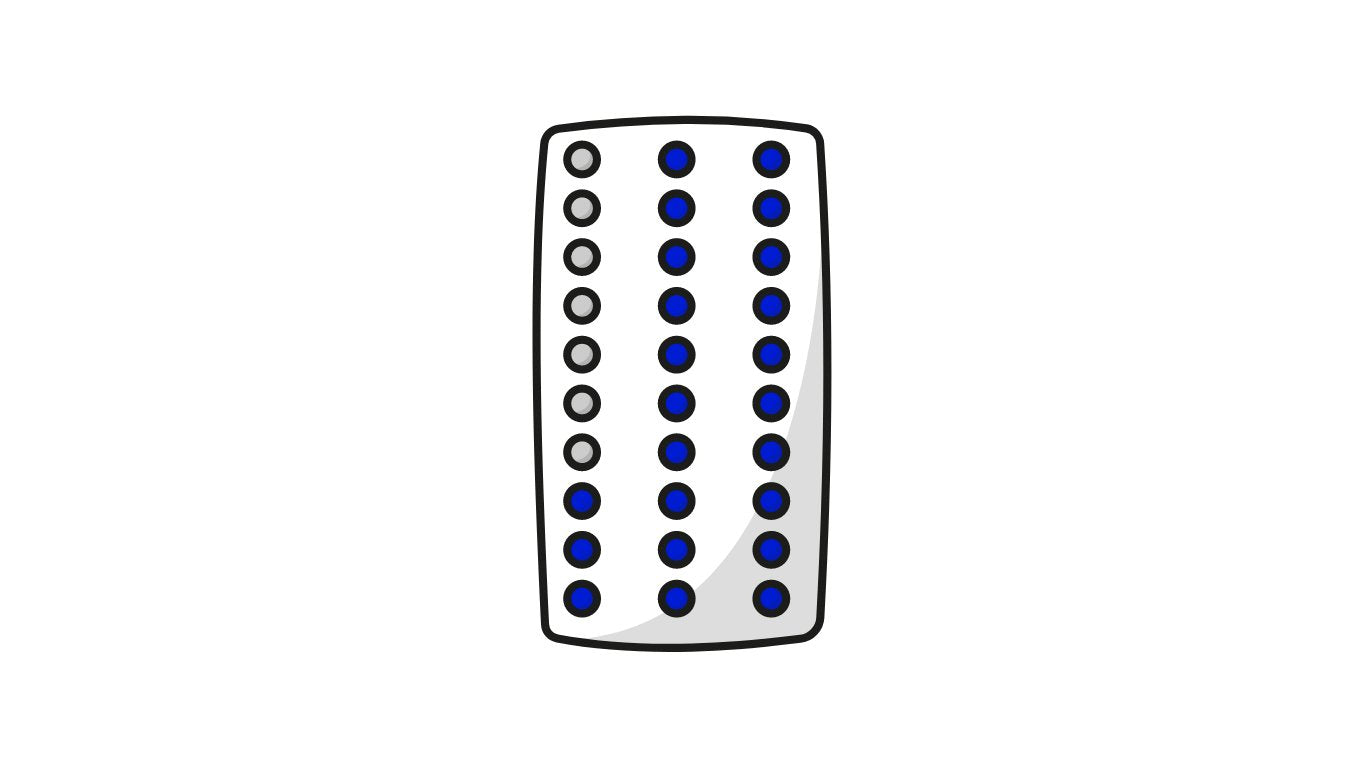Contraception holds significant importance for individuals, relationships, and society as a whole:
Empowerment: Contraception empowers individuals to plan their families, pursue education, careers, and personal goals, and make reproductive choices that align with their circumstances.
Health and Well-being: Access to contraception supports reproductive health by preventing unintended pregnancies, reducing the risk of maternal and infant health complications, and enabling healthier spacing between pregnancies.
Relationships: Contraception facilitates open discussions between partners about family planning, leading to stronger and more supportive relationships.
Societal Impact: Widespread use of contraception contributes to population stabilization, which in turn has positive effects on resources, environment, and economic development.
Choice and Control: Contraception enables individuals to choose the timing and number of children they want, ensuring that parenthood is a well-informed decision.
Contraception holds significant importance for individuals, relationships, and society as a whole:
Empowerment: Contraception empowers individuals to plan their families, pursue education, careers, and personal goals, and make reproductive choices that align with their circumstances.
Health and Well-being: Access to contraception supports reproductive health by preventing unintended pregnancies, reducing the risk of maternal and infant health complications, and enabling healthier spacing between pregnancies.
Relationships: Contraception facilitates open discussions between partners about family planning, leading to stronger and more supportive relationships.
Societal Impact: Widespread use of contraception contributes to population stabilization, which in turn has positive effects on resources, environment, and economic development.
Choice and Control: Contraception enables individuals to choose the timing and number of children they want, ensuring that parenthood is a well-informed decision.

















